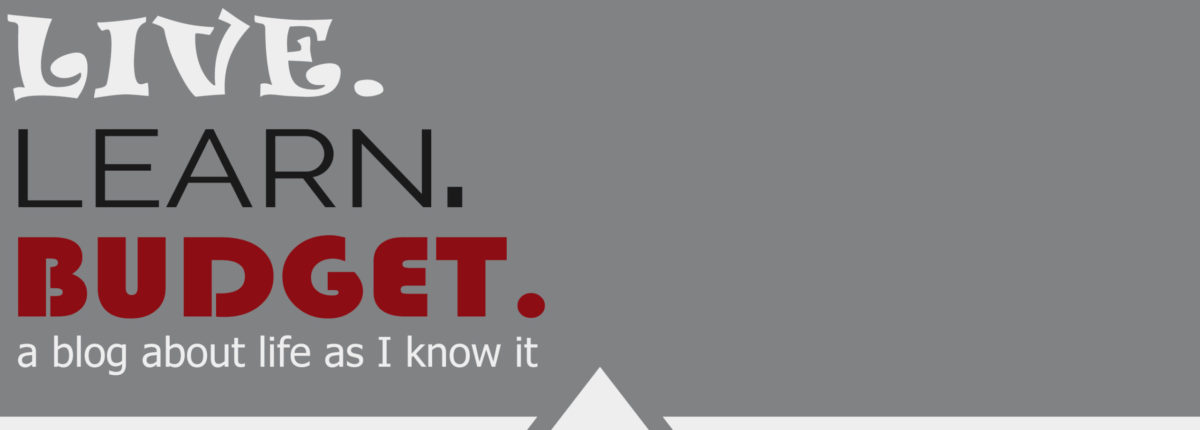Let’s start with this: A budget is not about limits  and feeling bad. Life is limiting. Reality has limits. We can’t all marry Brad Pitt or figure skate in the Olympics. The good news is we don’t all want to marry Brad Pitt or figure skate in the Olympics, so most of us don’t feel limited by those particular realities.
and feeling bad. Life is limiting. Reality has limits. We can’t all marry Brad Pitt or figure skate in the Olympics. The good news is we don’t all want to marry Brad Pitt or figure skate in the Olympics, so most of us don’t feel limited by those particular realities.
A budget is the same way. Sure, it’s going to have limits (because of reality), but most of those limits aren’t going to bother you. And surprise, it’s the limits that will bother you that are why you need the budget most of all.
Why? Because a budget is just a plan with dollar signs. And a budget is actually quite empowering when you get it right. The “aha” moment is when you realize all the not-so-bad limits give you more space for the things you really, really want.
A budget isn’t about the money you can’t spend or the things you can’t buy. A budget is about the hundreds of decisions you make about what you can and will buy. It’s about planning to live your priorities by shifting bits from the unimportant to the important.
We each have our own personal definitions of what’s important. And we each have a very specific set of available resources. Two stand out above all the others: time is a resource, and money is a resource. But what I want you to know right now is that a budget is a very powerful link between those resources. A budget is a plan for how you spend one resource (money) in relation to the other (time).
But where to begin planning and what to do when the very word “budget” makes you cringe (even if it’s just a little cringe)? Well, I’m going to keep using the word budget just like Harry Potter kept saying Voldemort. But when you hear “budget”, I want you to think “plan”.
Do you have a budget = Do you have a plan?
What’s your budget = What’s your plan?
How’s your budget going this month = How’s your plan going this month?
Over the next few weeks I’m going to give you a way to get yourself (or yourselves) to a budget that might permanently change the way you feel about a “budget”. So let’s get started!
 Think about what makes you happy. Now make a list – it’s going to hopefully be a really long list – of all the things make you happy. Be specific. Add the big things and the little tiny things. There are no rules. You get to be happy about all sorts of things.
Think about what makes you happy. Now make a list – it’s going to hopefully be a really long list – of all the things make you happy. Be specific. Add the big things and the little tiny things. There are no rules. You get to be happy about all sorts of things.
This should take at least a week, just keep adding to it as you think of new things. And be honest – this list is just for you and if you can’t be honest with yourself about what makes you happy, I probably can’t help you.
happy, I probably can’t help you.
This list will (soon) help you refine and define your priorities. The big idea we’ll dig into is that every penny we have or spend is based on our choices. And for me it follows that whenever possible our choices should be for things that make us happy. You can’t do that if you don’t know what makes you happy.
Meet me here next week and we’ll talk about turning that list into a plan. And before you know it we’ll work into creating your budget. Not just any budget, but your budget – this amazing dynamic plan for living life to your priorities.
Note: If you have shared finances with another, it’s a pretty good idea to have them make their own list. If they aren’t interested, no big deal – just focus on your list for now.
